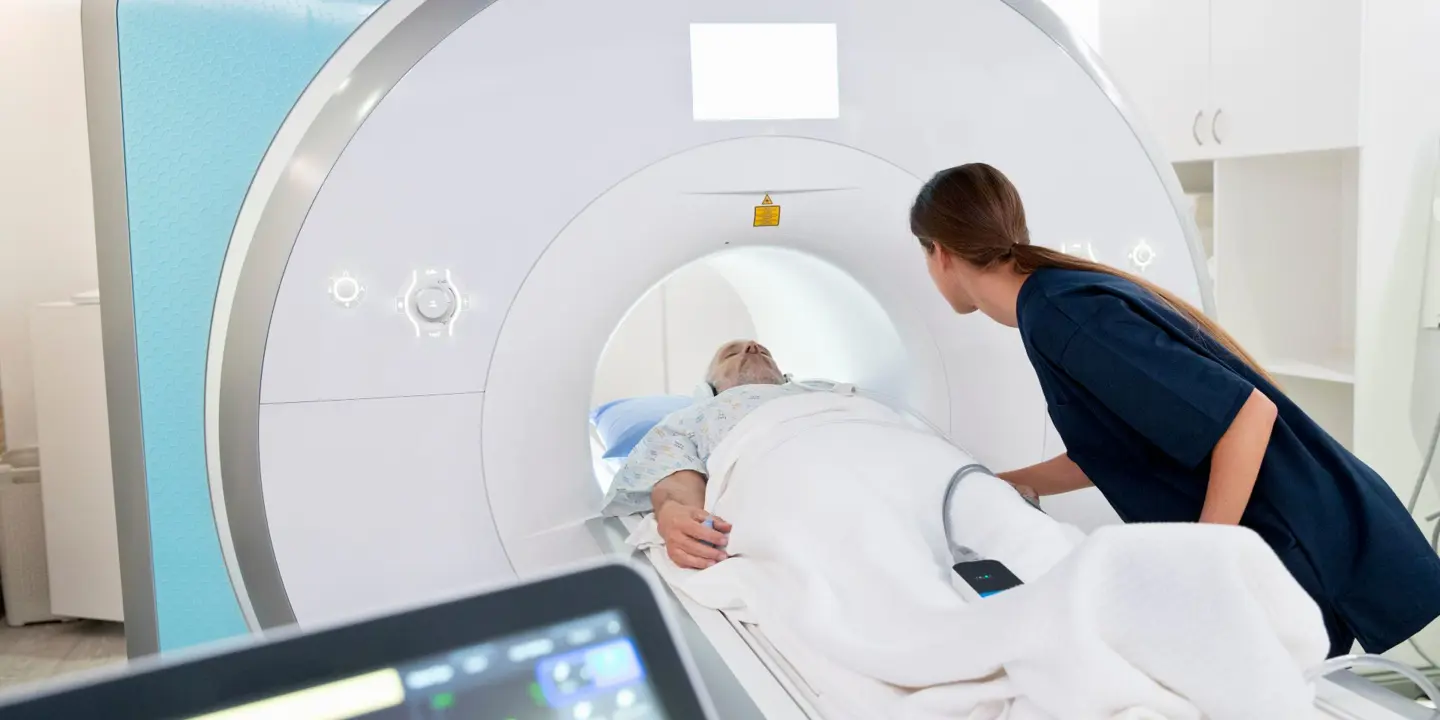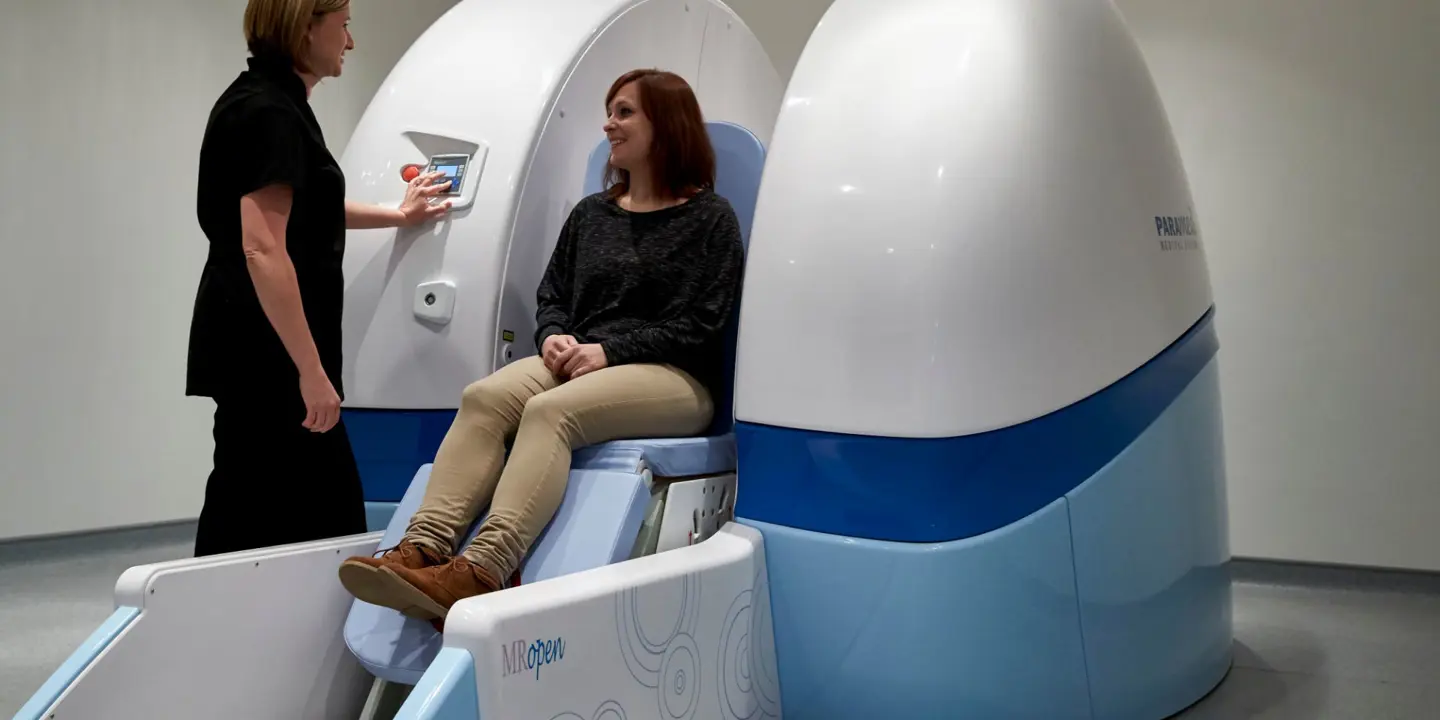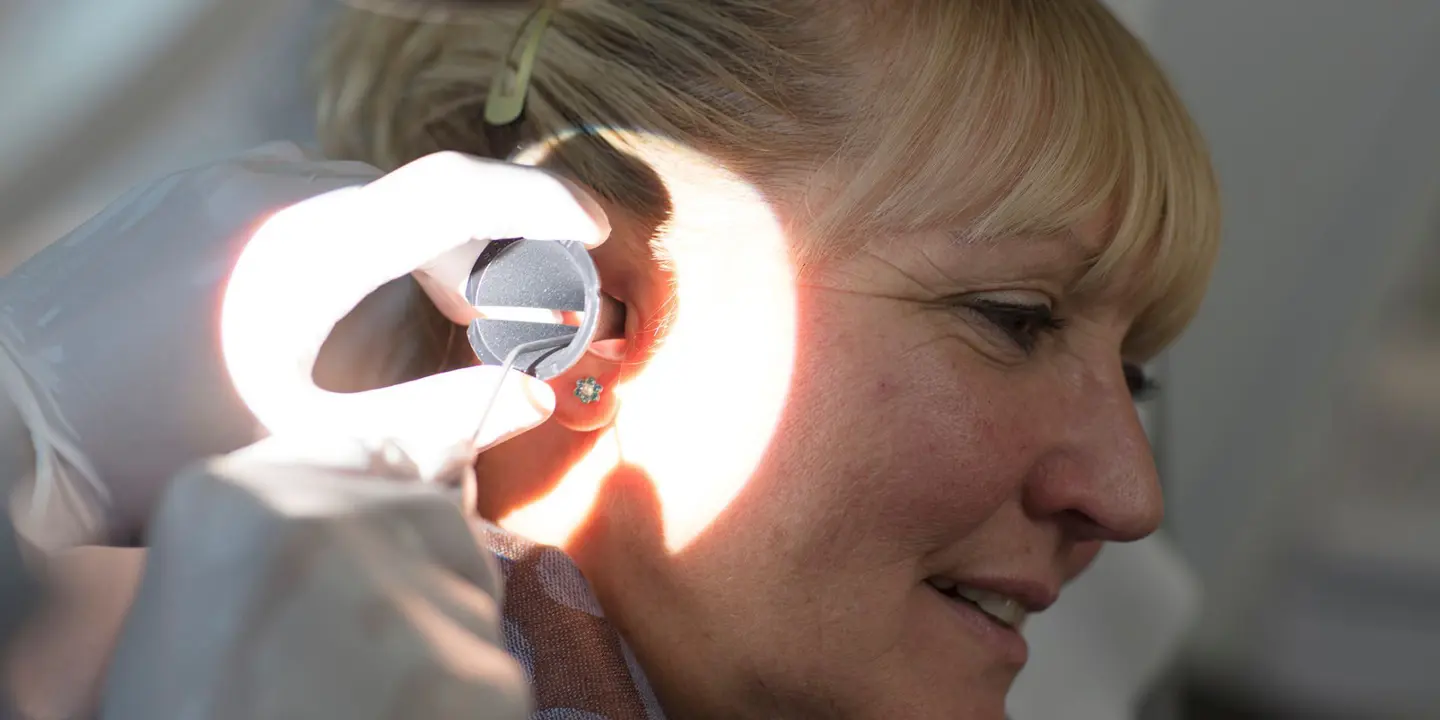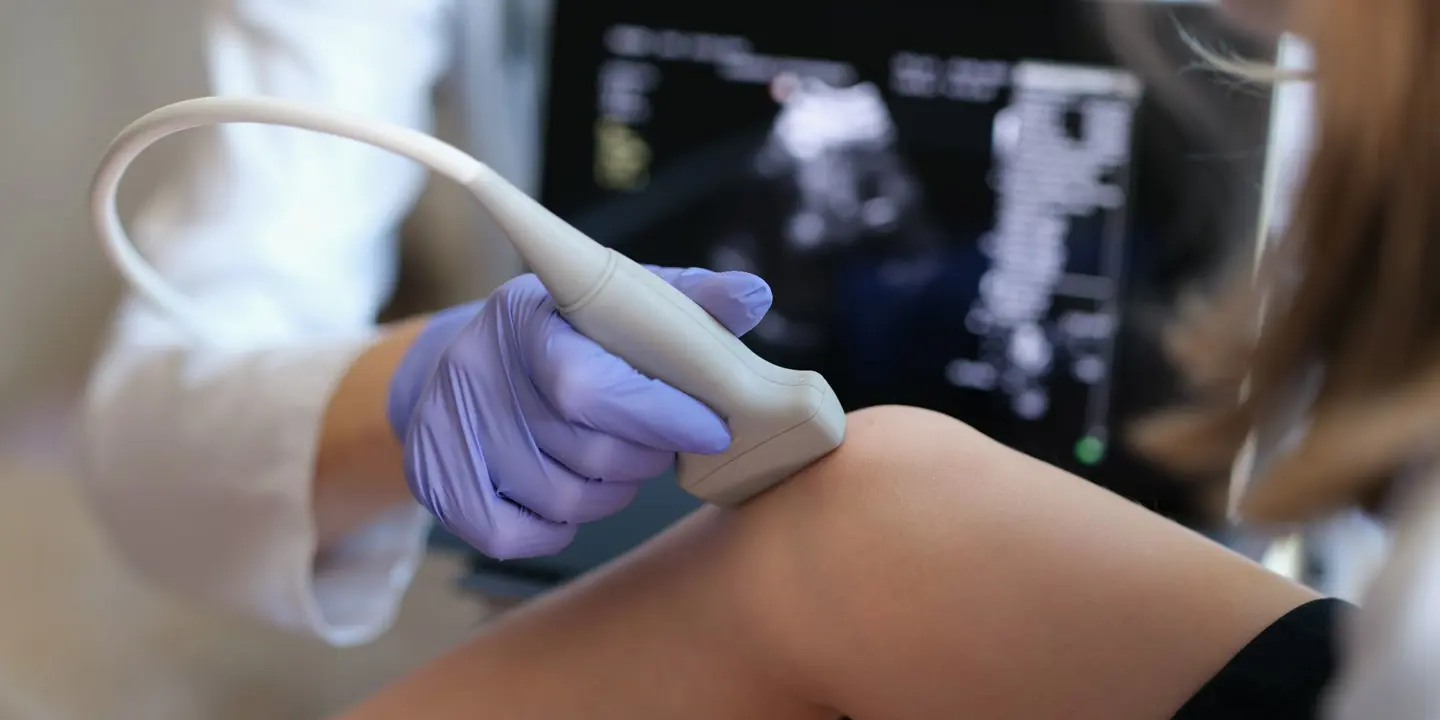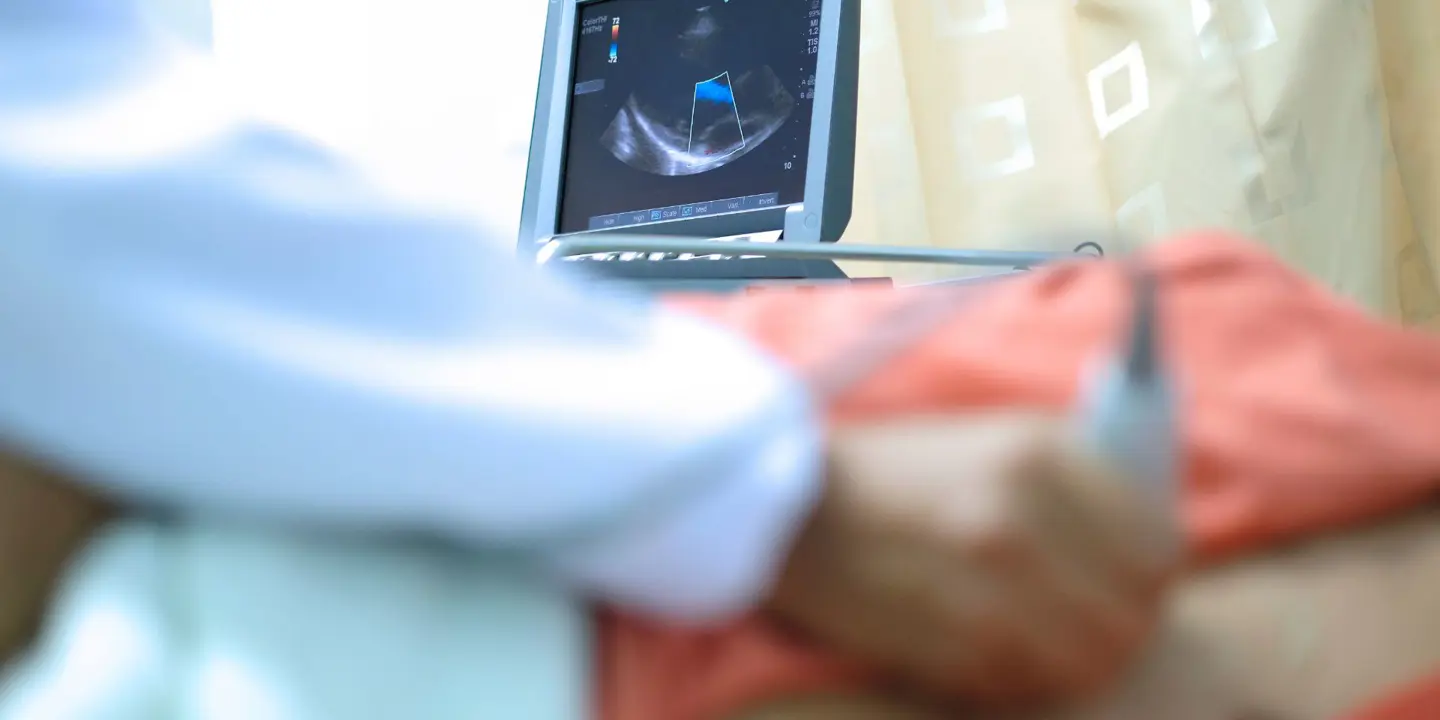Endoscopy is often recommended to test digestive problems such as:
-
diarrhoea
-
abdominal pain
-
bloating
-
dyspepsia
-
anemia
-
cancer
What Is an Endoscopy?
An endoscopy is a non-surgical procedure that enables doctors to do a visual examination inside your digestive tract. This procedure is carried out using an endoscope: a slim, flexible tube that has a camera and light at one end.
During this procedure, the specialist will introduce the endoscope into your body through your nasal passage. This is referred to as a naso-gastroscopy. At Vista Health our specialist consultants use an ultra-thin gastroscope that is inserted down the nasal passage, rather than a standard one that goes the oral route. In either instance, the endoscope will pass through your oesophagus, stomach, and to the duodenum or the area where your stomach and small intestine meet.
Since this procedure only views the upper gastrointestinal tract, it is often referred to as upper endoscopy or esophagogastroduodenoscopy.
The endoscope can also be used to view the lower digestive tract, but it will be introduced into the body through the rectum.
Tips to Prepare for an Endoscopy Procedure
It takes time to plan an endoscopy because it’s not a procedure that can be administered to just anyone or performed anytime.
A patient needs to clear several requirements first before they can have the procedure, then make some arrangements to ensure their comfort and peace of mind during and after the endoscopy.
-
Discussion with your doctor
If you are referred to a gastroenterologist, you must first discuss your current medical conditions, if there are any. Specialists must know if you have a heart condition, for example, or suffer from high blood pressure. Pregnancy should also be disclosed. Endoscopy is generally safe, but specialists must know if they need to take special precautions to ensure your safety.
-
Disclosure of medication and allergies
Certain over-the-counter medicines like aspirin, warfarin, and prescription blood thinners put you at risk of bleeding during an endoscopy. Some medication might also counteract the sedatives that will be used during the procedure. If you regularly take any medication at all, relay them to your gastroenterologist so that they can advise if you need to stop taking them in the meantime or reduce your dosage.
-
Mandatory fasting
To get clear results from your endoscopy, avoid eating or drinking after midnight on the day of the procedure. You may only drink some water at least six hours before your endoscopy.
-
Contingency plans
Consider what will put your mind at ease during and after getting an endoscopy. We suggest, for example, wearing comfortable clothing on the day of the test. You will be sedated for the procedure, but wearing comfortable and loose clothing can still help put your mind at ease. We also recommend completing all forms the day before so you’ll have nothing else to think about on the day.
Finally, have someone you trust accompany you. The effects of the sedative might take a while to wear off, among other things, so you’ll need someone who will take you home and attend to your needs afterward.
What to Expect During an Endoscopy
The specialist may give you the option to stay conscious during the procedure, but you may request sedation if preferred. Before you go under, however, you’ll put on a mouth guard to protect your teeth, gums, and lips from the endoscope.
How long the procedure will take will depend on the goal. Many specialists take a routine pass and take photographs. The procedure may longer if the specialist finds an anomaly they want to examine up close.
What to Expect After an Endoscopy or Naso-gastroscopy
While non-surgical, an endoscopy is still invasive, hence potentially resulting in the following effects:
- Bloating
- Numbness in the throat and mouth
- Shortness of breath
- Pain in the throat, chest, and abdomen
- Stomach cramps
- Mild bleeding
- Vomiting of blood
More serious effects can occur during and after an endoscopy procedure, but these are rare.
- perforation
- aspiration of gastric content
- reactions related to sedation administered
Naso-gastroscopy specific side effects can include:
- nose pain
- headache
- sinusitis
- nose bleed (epistaxis)
- Valsalva retinopathy (red eye)
Be sure to keep in touch with your doctors during the first 24 hours after your endoscopy and inform them of any worrying symptoms.
It is important to trust only Expert Gastroenterologists and Doctors for Your Endoscopy
An upper digestive endoscopy is straightforward, but it has risks that can quickly take a turn for worse if the procedure is handled by inexperienced specialists.
Avoid putting your health in danger by choosing experienced specialists with access to the latest and most reliable equipment for endoscopy examinations.
Why choose Vista Health?
You’ll find expert consultants at Vista Health. We accept referrals for endoscopy as well as colonoscopy procedures in London and other private clinics across the UK.
We have a price list for the various procedures, and you can simply have an initial consultation for £200 with one of our specialist consultants.
Our clinics are safe clean environments. See our strict procedures with concerning COVID-19. We are committed to keeping you safe during these unprecedented times.
How do I book an Endoscopy with Vista Health?
- With a referral
If you have a referral from your GP stating the procedure required, please send the referral to our patient care team at booking@vista-health.co.uk. - What if I don't have a referral?
Vista Health offer telephone consultations with a highly qualified Endoscopist, who can provide a diagnostic referral if required. We can support you by discussing your symptoms and recommend the best possible plan for your condition.
To book a consultation with one of our Endoscopists, please start by completing our online form.



